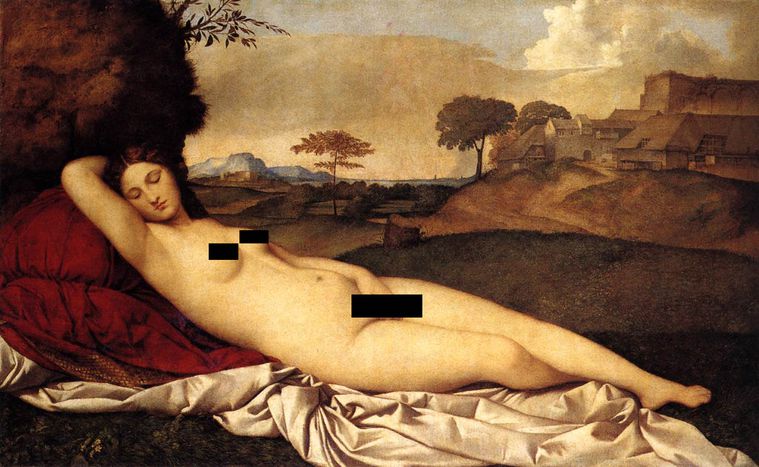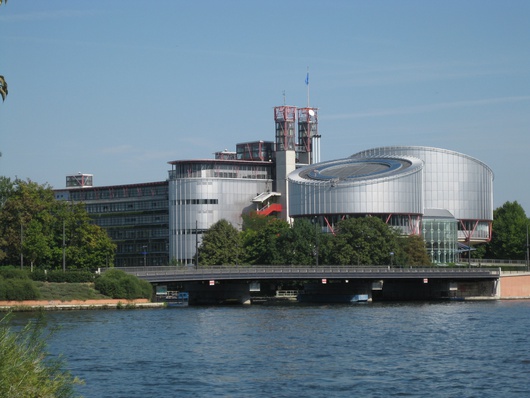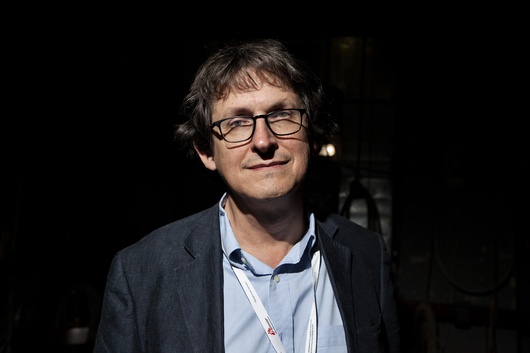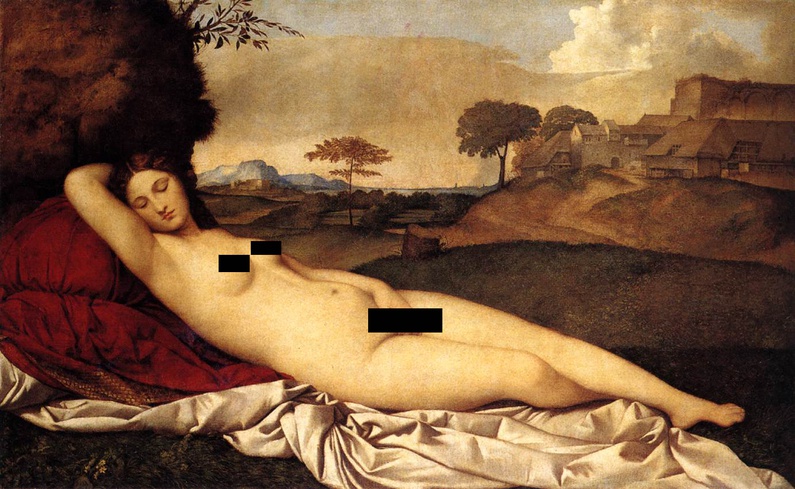
Boris Johnson's Water Cannon and UK's shrivelling civil liberties
Published on
London Mayor Boris Johnson recently requested a water cannon. He wants to boost police fire-power and blast protests off the streets as and when they arise. Londoners were horrified. But more surprising than the request itself was Teresa May’s refusal to grant it
This small victory for civil liberties- a water cannon refused- runs counter to the creeping retrenchment of free speech and retraction of press freedom which have defined this government. Brits may not feel distinctly less free yet, but this is the most sinister part; the reforms are subtle and insidious, slowly but surely closing vice-like on civil society.
Human Rights... Get OUT!
The thought of Boris with a water canon seems more perverse and unpleasant in light of the Tories’ recent pledge to cut ties with the European Court of Human Rights. The government feels human rights are oppressive and the court’s rulings are holding them back from really giving the people what for. The Conservative Party was particularly distressed by a recent ruling that gives prisoners with life sentences the right to review. ‘Life means life!’ shouts Cameron lustily, pandering to the antediluvian droves on the backbenches.
 The current government has developed a talent for distorting debate. They misrepresent the work of the Strasbourg court, fuelling hysteria by drawing disproportionate attention to the rare rulings that the public disagree with, such as the Abu Hamza deportation delays. They prefer to forget that we have the ECHR to thank for normalising the age of consent for homosexuals and heterosexuals, for guaranteeing greater care to vulnerable prisoners and for protecting the anonymity of journalists’ sources. Yet Justice Secretary Chris Grayling, however, claims the ECHR, ‘does not make this country a better place’.
The current government has developed a talent for distorting debate. They misrepresent the work of the Strasbourg court, fuelling hysteria by drawing disproportionate attention to the rare rulings that the public disagree with, such as the Abu Hamza deportation delays. They prefer to forget that we have the ECHR to thank for normalising the age of consent for homosexuals and heterosexuals, for guaranteeing greater care to vulnerable prisoners and for protecting the anonymity of journalists’ sources. Yet Justice Secretary Chris Grayling, however, claims the ECHR, ‘does not make this country a better place’.
Water canons at home and waterboarding abroad, the UK has been making waves on the international stage as well. A High Court inquiry recently revealed that the UK was complicit in the torture of forty terror suspects.
Journalists are now terrorists
The current government has attacked and diluted the independence of the press more than any government for three centuries. Their approach to the Snowden affair- to revelations that GCHQ records data from millions of phone calls- has been heavy-handed and disturbing. Rather than seeking to atone, they have attacked. Politicians hauled Guardian Editor Alan Rusbridger into parliament for interrogation, an unprecedented step.
 They destroyed Guardian hard drives containing the Snowden files with a circular saw. The government knew the files were backed up elsewhere; the action was merely cynical and symbolic, a statement of intent from a government seeking to palliate their panic with posturing. More audacious still, the police arrested Glenn Greenwald’s partner, David Miranda, for nine hours without charge under anti-terrorism laws. This conflation of journalism with terrorism, a first for the UK, is more typical of dictatorships. It sets an alarming precedent.
They destroyed Guardian hard drives containing the Snowden files with a circular saw. The government knew the files were backed up elsewhere; the action was merely cynical and symbolic, a statement of intent from a government seeking to palliate their panic with posturing. More audacious still, the police arrested Glenn Greenwald’s partner, David Miranda, for nine hours without charge under anti-terrorism laws. This conflation of journalism with terrorism, a first for the UK, is more typical of dictatorships. It sets an alarming precedent.
The government has manipulated the phone hacking scandal to serve as an excuse to gain control over the media. In October 2013 the government forced through a Royal Charter on Press Regulation. A response to the phone hacking scandal and the subsequent Leveson Inquiry, this Charter was drawn up by politicians behind closed doors, with no input or consultation with the media. The speed and secrecy of the affair was unnerving. A desperate last minute injunction brought by publishers was crushed by the Court of Appeal. According to Richard Gordon QC, from the Press Standards Board of Finance, ‘what is envisaged in the Government charter is the possibility of executive control of the Press for the first time since 1695.’ With a flourish of the pen, centuries of press independence, envied the world over, was ended in an instant.
Now admiration has given way to opprobrium. The World Association of Newspapers and Publishers (WAN-IFRA) is sending an unprecedented press freedom mission to the UK to raise concerns. Previous delegations have gone to Ethiopia, Libya, Yemen, Tunisia, Mexico, Honduras, Ecuador, Colombia, Guatemala and Azerbaijan. The UK is in good company.
The Porn Filter
Finally we come to the much-maligned ‘porn filter’. The Whitehall initiative is more than simply prudish, it is downright nefarious. Internet users have to explicitly ‘opt in’ to access material that is pornographic or ‘obscene or tasteless’. Who are politicians to tell us what is ‘obscene or tasteless’?
 The ‘porn’ filter has already been used to block access to sites offering help to self-harmers, alcoholics, drug abusers, victims of domestic abuse, and members of the LGBT community. Preventing vulnerable children from accessing these sites is tragic, even more so when it is done in the name of protecting them. Incidentally, child-protection is the premise used by the Russian government to pass legislation victimising the LGBT community.
The ‘porn’ filter has already been used to block access to sites offering help to self-harmers, alcoholics, drug abusers, victims of domestic abuse, and members of the LGBT community. Preventing vulnerable children from accessing these sites is tragic, even more so when it is done in the name of protecting them. Incidentally, child-protection is the premise used by the Russian government to pass legislation victimising the LGBT community.
Richard Gordon QC described the aforementioned Royal Charter as ‘Kafka-esque’. Orwell’s ‘1984’ is often evoked in reference to the Snowden revelations. But these literary paradigms don’t do justice to the unparalleled depth and breadth of David Cameron’s dystopian vision. GCHQ snooping, The Royal Charter, anti-terror legislation, the porn filter; we are reading about these things in the press but we are yet to personally feel the full force of their impact. This is what is most alarming. They are subtle, insidious initiatives, and, as a reactionary society that tends to tolerate inconvenience with a stiff upper lip, it seems Britain will allow these creeping advances to continue until it is too late. The tools are being put in place for hitherto unseen levels of civil and social control. Boris’ wet dream is just a drop in the ocean.



